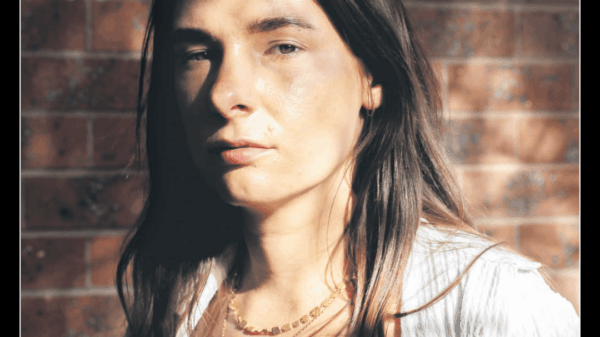A growing chorus of voices, including celebrities such as Oprah Winfrey and Naomi Watts, along with healthcare professionals, is encouraging women to openly discuss hormonal health, particularly in relation to perimenopause. Dr. Ginni Mansberg, a general practitioner and author of “The M Word,” emphasizes that many women are experiencing health concerns linked to hormonal changes but are hesitant to seek help.
In a recent interview, Dr. Mansberg noted that modern healthcare is evolving to focus on patient-centered approaches. She pointed out that many women express feelings of disconnect with their bodies, stating, “A lot of my patients just go, ‘I just don’t feel like me.'” Despite the increasing awareness, many women still delay seeking medical advice, which can exacerbate health issues.
Rising Awareness and Health Implications
The term “perimenopause” has gained traction in public discourse, highlighting its significance in women’s health. Dr. Mansberg cautions against the oversimplified notion that all women require hormone therapy upon entering perimenopause. “The idea that has somehow got onto TikTok that every single woman needs to be on hormone therapy… that’s not evidence-based at all,” she explained. Rather, hormone therapy is a treatment for specific symptoms, and each woman’s health journey is unique.
Research from the Australian Bureau of Statistics in 2024 reveals that while women are more likely to use various health services compared to men, they often delay visiting physicians when necessary. Alarmingly, less than half of Australian women aged 40 to 59 feel they have sufficient time to focus on their health and well-being, according to a study conducted by Dairy Australia in June 2025.
Dr. Mansberg underscores the importance of women taking accountability for their health. She believes that as their bodies undergo changes during perimenopause, women should embrace healthy habits that contribute to healthy aging. Simple actions, such as incorporating calcium and protein into their diets or engaging in regular weight-bearing exercises, can significantly mitigate the risks associated with symptoms of perimenopause and menopause.
Understanding the Health Landscape
Recent data from the Australian Institute of Health and Welfare indicates a 10 percent increase in cancer diagnoses among women from 2000 to 2024, while musculoskeletal conditions have also emerged as a significant health burden in older women. Dr. Mansberg highlights that many women face various health challenges during this stage of life, such as skin issues and heightened risk of autoimmune diseases, high blood pressure, and pre-diabetes.
She elaborates on the physiological changes that occur during this period, noting that the decline in estrogen levels can lead to increased insulin resistance, weight gain, and other health complications. “There are a whole lot of things that happen at this time that freak a lot of women out … but for some people, this period can be the catalyst that actually makes them take their health seriously for the first time,” Dr. Mansberg stated.
On the day of the interview, Dr. Mansberg was celebrating her own milestone, marking a full year since her last menstrual period. Her personal commitment to health is evident; two years ago, at the age of 55, she left a beloved GP practice to find a position closer to home, allowing her to walk to work and increase her physical activity.
Dr. Mansberg’s experiences resonate with many of her patients, who often reflect on missed opportunities to prioritize their health before facing serious, lifestyle-related medical conditions. As the conversation around hormonal health continues to grow, the importance of seeking timely medical advice and adopting healthy habits becomes more critical than ever.
By fostering an environment where women feel empowered to discuss their health concerns, society can work towards a future where hormonal health is openly addressed and treated with the urgency it deserves.



































































